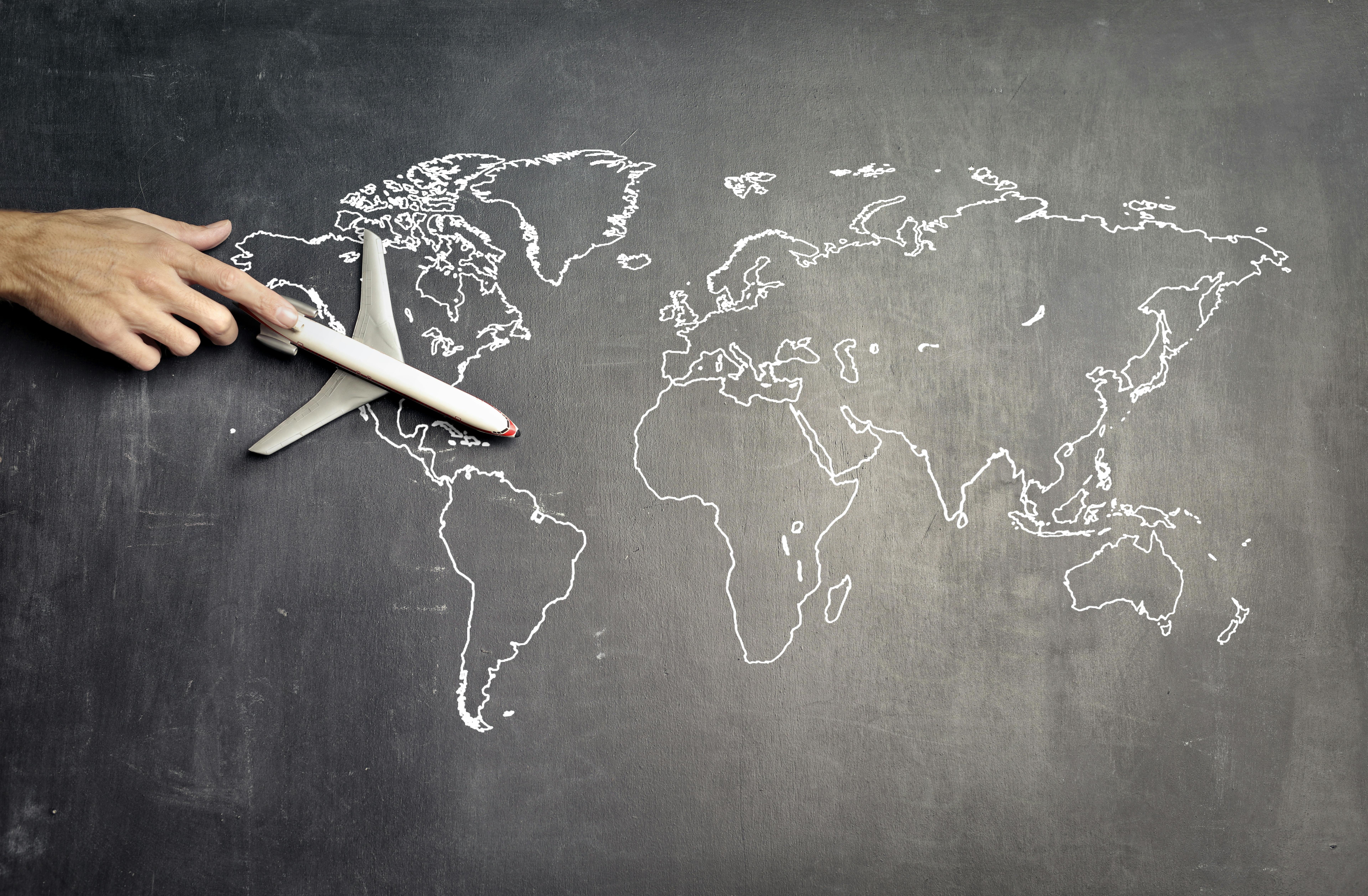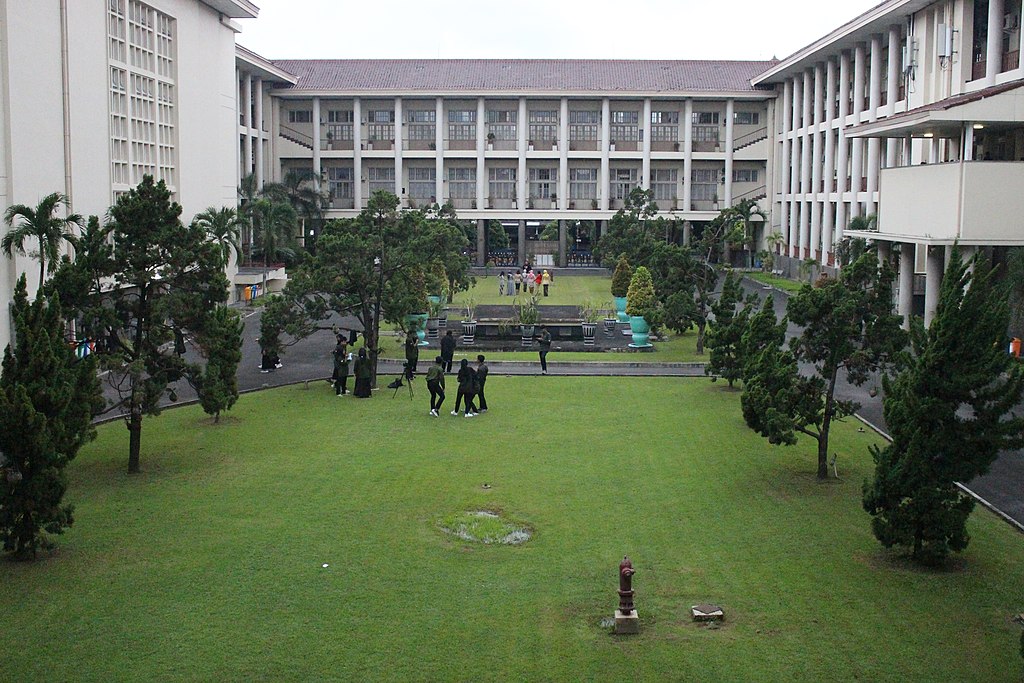 Throughout the 1994 campaign to ratify WTO membership, government economists, coached by their World Bank handlers, promised that losses in corn and other conventional crops would be greater than compensated for by the brand new export industry of “high-value-added” crops like lower flowers, asparagus and broccoli. The quid professional quo for a multibillion-dollar bailout was what a member of the World Bank government board described as “unprecedented thoroughgoing interventionism” designed to eradicate excessive tariffs, state laws and government help establishments, which neoliberal doctrine identified as obstacles to financial effectivity. As in Mexico Filipino peasants have been confronted with full-scale retreat of the state as supplier of complete support – a task they’d come to depend on. Collapse of costs from trade liberalization and loss of management over seeds to biotech companies is part of a comprehensive downside, says world justice activist Vandana Shiva: “Under globalization, the farmer is dropping her/his social, cultural, financial id as a producer. Unilateral liberalization of agricultural commerce pushed by the IMF and World Bank also contributed to the destabilization of peasant producers.
Throughout the 1994 campaign to ratify WTO membership, government economists, coached by their World Bank handlers, promised that losses in corn and other conventional crops would be greater than compensated for by the brand new export industry of “high-value-added” crops like lower flowers, asparagus and broccoli. The quid professional quo for a multibillion-dollar bailout was what a member of the World Bank government board described as “unprecedented thoroughgoing interventionism” designed to eradicate excessive tariffs, state laws and government help establishments, which neoliberal doctrine identified as obstacles to financial effectivity. As in Mexico Filipino peasants have been confronted with full-scale retreat of the state as supplier of complete support – a task they’d come to depend on. Collapse of costs from trade liberalization and loss of management over seeds to biotech companies is part of a comprehensive downside, says world justice activist Vandana Shiva: “Under globalization, the farmer is dropping her/his social, cultural, financial id as a producer. Unilateral liberalization of agricultural commerce pushed by the IMF and World Bank also contributed to the destabilization of peasant producers.
As an illustration, the very success of Ghana’s expansion of cocoa production triggered a forty eight p.c drop in the worldwide worth between 1986 and 1989. In 2002-03 a collapse in espresso costs contributed to another meals emergency in Ethiopia. The huge imports depressed the price of rice, discouraging farmers and holding growth in manufacturing at a price far below that of the country’s two top suppliers, Thailand and Vietnam. This is not simply the erosion of nationwide meals self-sufficiency or meals safety however what Africanist Deborah Bryceson of Oxford calls “de-peasantization” – the phasing out of a mode of production to make the countryside a more congenial site for intensive capital accumulation. A research of fourteen international locations by the UN’s Food and Agricultural Organization found that the degrees of meals imports in 1995-98 exceeded those in 1990-94. This was not surprising, since one in all the primary targets of the WTO’s Agreement on Agriculture was to open up markets in creating nations so they might absorb surplus production within the North. As then-US Agriculture Secretary John Block put it in 1986, “The idea that developing nations ought to feed themselves is an anachronism from a bygone era. The IMF was unrepentant; in fact, it suspended its disbursements on an adjustment program on the grounds that “the parastatal sector will proceed to pose dangers to the successful implementation of the 2002/03 funds.
 Aquino acquiesced, although she was warned by the country’s top economists that the “search for a recovery program that is according to a debt repayment schedule determined by our creditors is a futile one.” Between 1986 and 1993 8 p.c to 10 p.c of GDP left the Philippines yearly in debt-service payments – roughly the same proportion as in Mexico. In Africa the World Bank and IMF micromanaged, making choices on how briskly subsidies ought to be phased out, what number of civil servants had to be fired and even, as within the case of Malawi, how much of the country’s grain reserve must be sold and to whom. Swamped by low-cost corn imports – a lot of it subsidized US grain – farmers lowered land devoted to corn from 3.1 million hectares in 1993 to 2.5 million in 2000. Massive importation of chicken components nearly killed that business, whereas surges in imports destabilized the poultry, hog and vegetable industries. Via’s platform also requires an finish to the Trade Related Intellectual Property Rights regime, or Trips, which allows companies to patent plant seeds; opposes agro-know-how based on genetic engineering; and demands land reform.
Aquino acquiesced, although she was warned by the country’s top economists that the “search for a recovery program that is according to a debt repayment schedule determined by our creditors is a futile one.” Between 1986 and 1993 8 p.c to 10 p.c of GDP left the Philippines yearly in debt-service payments – roughly the same proportion as in Mexico. In Africa the World Bank and IMF micromanaged, making choices on how briskly subsidies ought to be phased out, what number of civil servants had to be fired and even, as within the case of Malawi, how much of the country’s grain reserve must be sold and to whom. Swamped by low-cost corn imports – a lot of it subsidized US grain – farmers lowered land devoted to corn from 3.1 million hectares in 1993 to 2.5 million in 2000. Massive importation of chicken components nearly killed that business, whereas surges in imports destabilized the poultry, hog and vegetable industries. Via’s platform also requires an finish to the Trade Related Intellectual Property Rights regime, or Trips, which allows companies to patent plant seeds; opposes agro-know-how based on genetic engineering; and demands land reform.
Irrigation stagnated, and by the top of the nineteen nineties solely 17 % of the Philippines’ road network was paved, compared with eighty two % in Thailand and 75 % in Malaysia. And the cutback in agricultural packages was followed by commerce liberalization, with the Philippines’ 1995 entry into the World Trade Organization having the identical impact as Mexico’s joining NAFTA. The results of the Philippines’ joining the WTO barreled by the remainder of its agriculture like a brilliant-typhoon. This blow to peasant agriculture was adopted by a fair larger one in 1994, when the North American Free Trade Agreement went into effect. Farmers’ groups have networked internationally; probably the most dynamic to emerge is Via Campesina (Peasant’s Path). Considered one of the 2 largest creating-nation debtors, Mexico was compelled to beg for cash from the Bank and IMF to service its debt to international industrial banks. The Philippines is the world’s largest importer of rice. Manila’s desperate effort to safe provides at any price has turn out to be front-web page news, and footage of troopers providing security for rice distribution in poor communities have develop into emblematic of the worldwide disaster. Indeed, it’s due to stress from farmers’ teams that the governments of the South have refused to grant wider entry to their agricultural markets and demanded a large slashing of US and EU agricultural subsidies, which introduced the WTO’s Doha Round of negotiations to a standstill.



